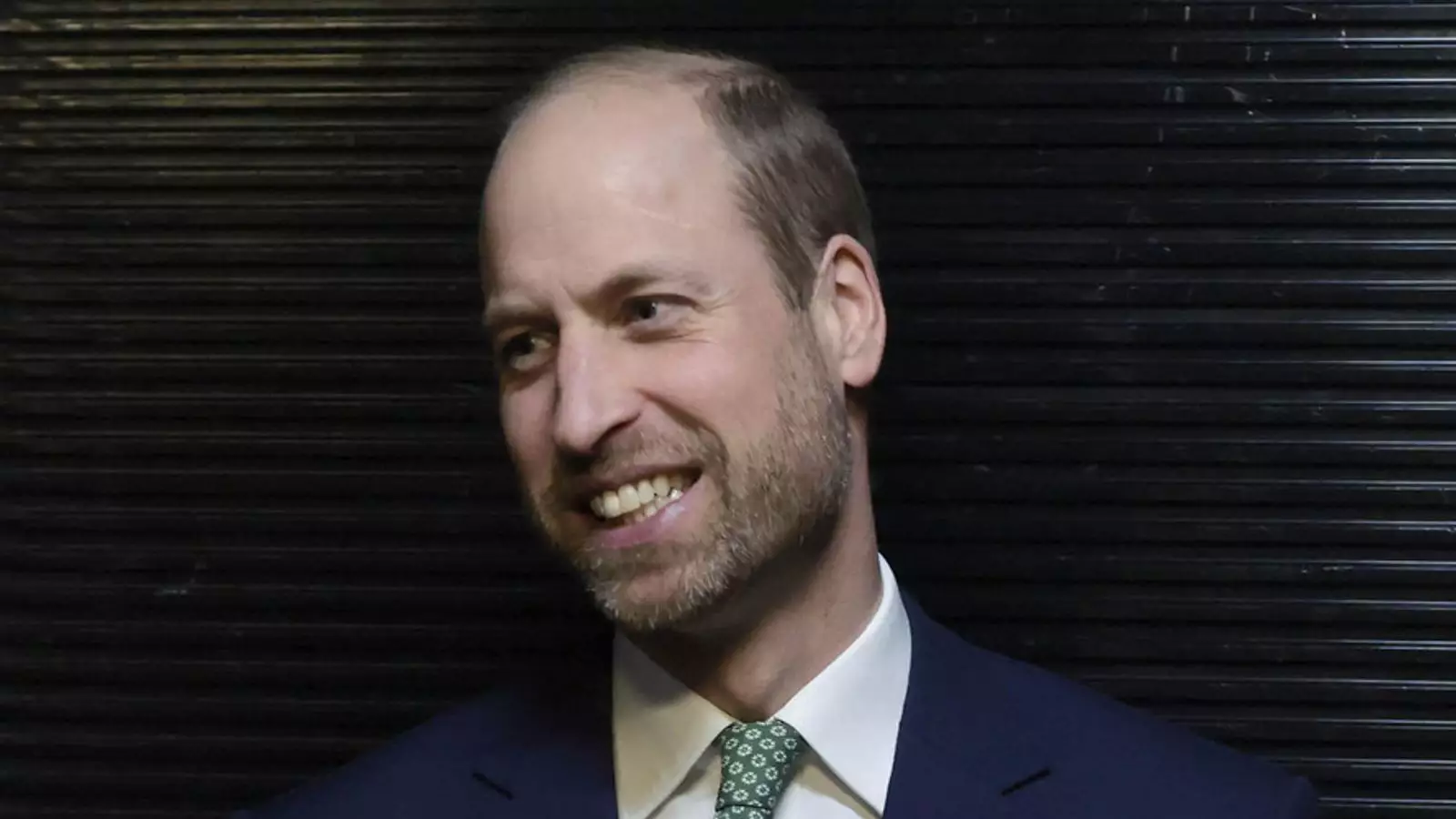In a time where traditional institutions often clash with contemporary values, Prince William has emerged as a transformative figure within the British monarchy. During his recent visit to South Africa, he articulated a vision that aligns royal duties with modern sensibilities. His approach hints at a monarchy that adapts to the demands and expectations of younger generations, emphasizing empathy and social impact. By proposing a “smaller R in the royal,” William boldly challenges the long-standing conventions associated with royal engagements, suggesting that the monarchy can assume a more relatable and impactful role in society.
As the Prince of Wales, William recognizes that he embodies a bridge between a historically steeped institution and a world that yearns for connection and authenticity. His remarks during the tour reveal a deep-seated desire to revitalize the monarchy’s relevance among millennials and Generation Z, who prioritize social responsibility and tangible contributions to community welfare. This perspective invites crucial discussions about the monarchy’s place in modern society and raises questions about how royal roles can evolve without sacrificing their foundational values.
One of the most striking elements of Prince William’s approach is his call for “empathetic leadership.” In a world often divided by strife and misunderstanding, the Prince’s commitment to empathy resonates as a necessary quality for effective leadership. By advocating for a leadership style that values genuine human connection, he aligns himself with a growing movement that recognizes the importance of mental health and emotional intelligence. This emphasis on empathy does not merely serve as a buzzword; it embodies an earnest intention to foster a culture of collaboration and support among communities facing various adversities.
William’s commitment extends beyond rhetoric to actionable initiatives, particularly in areas like environmental conservation and homelessness. Through projects like Earthshot and Homewards, he actively contributes to creating positive change. His focus on impactful philanthropy signifies a shift from grand gestures to measurable outcomes that directly enhance individuals’ lives. This approach validates the concerns of those who feel disenfranchised by traditional institutions and reinforces the idea that the monarchy can be a force for good through meaningful engagement.
In a candid reflection during the South African tour, Prince William described the past year as “brutal,” citing personal challenges with the health of close family members. This honesty sheds light on the often-overlooked human side of royal life, countering the public’s perception of royals as distant figures. By discussing these difficulties, he conveys that vulnerability can coexist with leadership, further humanizing the royal image.
Looking ahead, William hinted at the potential for increased collaboration with his wife, Kate Middleton, signaling a familial approach to royal duties. Their joint engagement reflects a commitment to shared values while balancing the dual roles of parents and public figures. His consideration for their children’s education highlights priorities that many modern families can relate to, reinforcing that even within the royal family, family dynamics and responsibilities are paramount.
Prince William stands at a pivotal juncture in the history of the British monarchy, keenly aware of the need for transformation. His vision of integrating empathy into royal duties, coupled with a commitment to future-forward projects, offers a compelling narrative of a monarchy evolving to remain relevant in the 21st century. As he continues to explore new avenues of engagement, it remains to be seen how his approach will influence the perception and relevance of the royal family in a rapidly changing world.
By prioritizing impact, collaboration, and empathy, Prince William is not merely redefining royal practices; he is redefining royal identity. In doing so, he presents a path forward for a monarchy that seeks to unite tradition with the essential values of compassion and social responsibility, potentially inspiring future generations to engage with the institution in meaningful ways. The journey is just beginning, and the future holds promise as William navigates the uncharted waters of modern royalty.



Leave a Reply